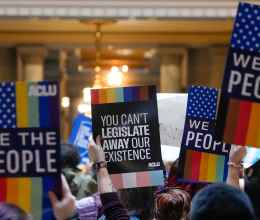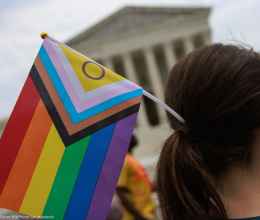
You have the right to criticize government officials, including on their official social media pages.
If your elected official or government associated organization is using their social media account as a government actor, they cannot block you based on views you've expressed in public conversation or restrict your access to their profile based solely on your viewpoints. Certain speech, however, is not protected under the First Amendment, like threats.
If government officials allow positive or neutral comments on their social media posts, they cannot delete your comments simply because you criticized them — that would be unconstitutional viewpoint discrimination.
On Facebook, for example, the government can limit comments to those that are relevant to the government’s original post, but cannot delete on topic criticisms of it. On the other hand, if the government allows posts on its page by individuals on any subject, then it must allow critical posts on any subject.
Likewise, government officials cannot block you from accessing their social media pages simply because you’ve made critical comments about them. On Twitter, for example, you cannot be blocked because you've made a critical tweet at an official.
You also have the right to access publicly available information about government operations, including information provided through government officials' social media accounts. The government cannot make it more difficult for you to access that information because you’ve made critical posts or comments about it. For example, if government officials block you on Twitter and force you to sign out to view their tweets, which makes it far more difficult to engage with them and others, the government violates your right to receive
Have you been blocked on social media by a government official?
Here are three steps that you can take to protect your First Amendment rights online.
- Contact the ACLU of Florida. Send the ACLU of Florida a screenshot or photograph with evidence that you were blocked on a social media page by an elected leader or government agency. Be sure to include the name and/or URL of the social media page.
*Please note that asking for or receiving these materials does not imply that the ACLU of Florida is pursuing legal action on your behalf or in any case. This information is requested by the ACLU of Florida exclusively for documentation and record-keeping purposes.
- Contact the office of the elected leader or government agency and request your access be unblocked.
- Request a copy of the social media policy guidelines for the page that blocked you. If social media policy guidelines are not available, urge the office or person to create them.




